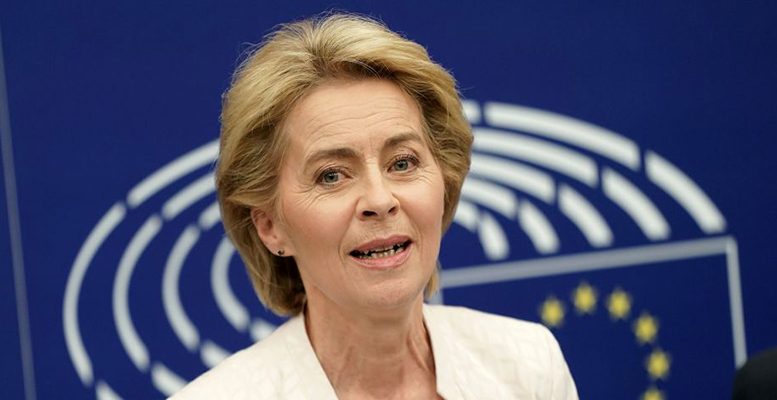The European Commission has raised its 2023 growth forecast to 0.9% vs 0.3% and lowered its inflation forecast from 6.1% to 5.65% for this year. The note highlights that domestic demand could turn out to be stronger than expected if the recent declines in wholesale gas prices are passed through to consumer prices more strongly, which we doubt, and consumption proves more resilient.
In fact, this has had little reaction in fixed income, which has failed to wake up and remains sluggish, with slight declines in yields over 10 years. What the market does not seem to be perceiving is the inversion of the 2-10 curve, which is taking place, not only in the USA (which is at an all-time high: -80 bp) but also in Europe, with Germany leading the way with -40 bp, which statistically indicates a sure recession within six months at the most.
According to the latest economic projections report produced by the European Commission (EC), the winter projections, Spain’s Gross Domestic Product (GDP) will grow by 1.4% (1.0% autumn projections) in 2023 and 2.0% (2.0%, autumn projections) in 2024. However, the Spanish economy in 4Q2022 was still below the level it was at in 4Q2019, prior to the pandemic.
Spain could recover its pre-covid GDP level in the third quarter of this year. The EC says economic activity is expected to pick up gradually in the first 1H2023 and gain further momentum in 2H2023 as, as inflation moderates, private consumption is expected to strengthen and a further normalisation of tourism is expected to support growth. According to the EC, the implementation of the Recovery Plan “will boost investment growth, especially in construction and capital goods”. Finally, the EC notes that Spain has handled the impact of the Russian war relatively well and that, despite the “loss of real purchasing power, the deceleration of inflation from autumn 2022 has contributed to strengthening consumer and business confidence.





